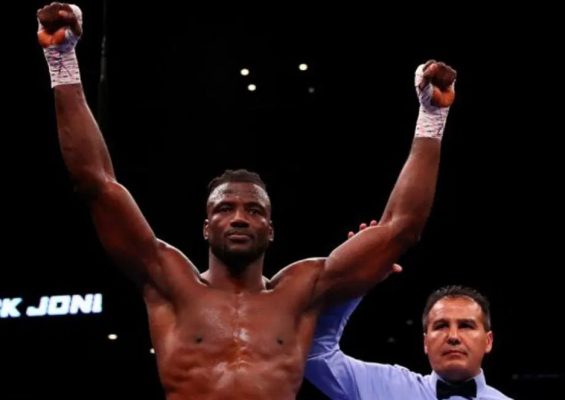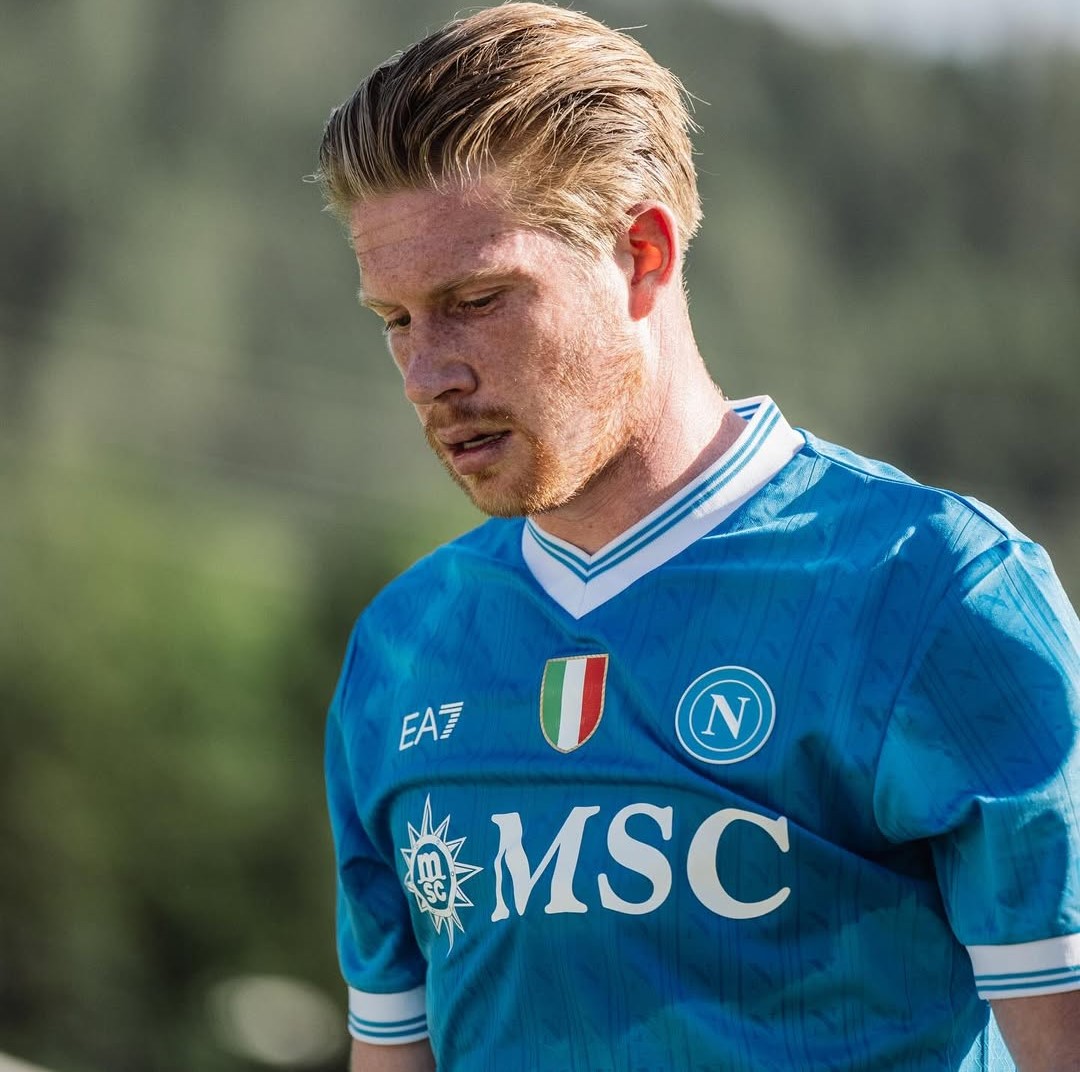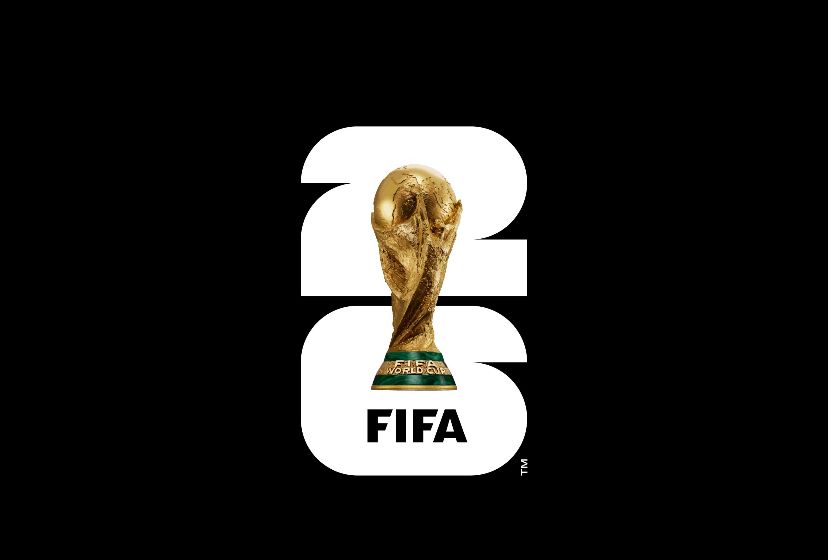Boxing has always held a special place in the hearts of Nigerian sports enthusiasts, with passionate followership evident from local gyms to bustling viewing centers across Lagos, Abuja, and other cities. The hope of seeing a compatriot climb to the apex of world boxing brings Nigerians together, sparking lively debates on social media and at family gatherings. Recently, these conversations turned to Efe Ajagba, Nigeria’s heavyweight contender, and his decision to step away from a world title eliminator—a move that has rippled through the boxing community and raised important questions about fair pay, African representation, and the path to global sporting glory.
The Fight That Wasn’t: Ajagba vs. Sanchez and the Purse Controversy
According to reports from BoxingScene and other outlets, Efe Ajagba, who has steadily climbed up the IBF rankings, was recently offered a shot at a title eliminator against Cuban boxer Frank Sanchez. The winner would be given the rare opportunity to challenge for the IBF world heavyweight crown, currently held by the Ukrainian star Oleksandr Usyk.
However, negotiations hit a major stumbling block: the purse split. Ajagba, promoted by Top Rank and representing Nigeria’s best chance at world heavyweight glory in years, reportedly found the financial terms from Sampson Boxing “unacceptable” for a fight of this scale. As a result, he declined the bout—a bold move that sent shockwaves through Nigerian boxing circles and among West African fans worldwide.
The planned face-off with Sanchez would have been a rematch of their October 2021 encounter, where Ajagba suffered a unanimous decision loss after 10 rounds. Many had hoped that this eliminator would offer the Nigerian an opportunity to avenge that defeat and move closer to a world title. But with purse splits that reportedly did not reflect the risk and prestige of the fight, Ajagba’s camp felt compelled to step back.
The Ripple Effects: Rankings and Sanctions
Walking away from such a high-profile bout isn’t without consequences. Due to Ajagba’s withdrawal, the IBF has officially removed him from its top-10 heavyweight rankings, dropping him from his previous position as number three contender. The federation has also declared Ajagba ineligible for any of its sanctioned contests for at least six months—a development that could seriously impact his momentum and future negotiating position.
Frank Sanchez, in the meantime, waits for the IBF’s decision on the next steps in the title elimination process. With no Nigerian in immediate contention, some local fans express frustration and disappointment, though others insist the fighter did the right thing by prioritizing his worth and future earnings.
Local Reactions: Fair Pay, Patriotism, and the Bigger Picture
Nigerians are quick to rally behind their own, but there’s also growing awareness about the challenges African athletes face on the global stage. According to Lagos-based boxing analyst Chuka Ibe, “African fighters too often receive less favourable terms compared to their counterparts from the US or Europe. Negotiating fair pay is not just about the individual—it’s about dignity and the long-term progress of our athletes.”
Across social media, fans have voiced both support and concern:
- “Efe deserves respect, but no fighter should be forced to accept a poor deal just for national pride,” shared @SportsNaijaHQ on X (formerly Twitter).
- “Our boxers represent Nigeria, but promoters need to stop exploiting Africa’s talent,” commented boxing fan Ngozi Okafor on Facebook.
- “Hopefully, this sets a precedent for future negotiations. We want to see fair deals for Nigerians in every sport,” noted Edo State-based coach Felix Omoruyi.
Data Dive: African Boxers and the Global Purse Disparity
Statistically, African boxers have historically lagged behind in terms of the purses available to European and American fighters of similar rank and skill. A 2023 report by The Guardian UK highlights that even world-ranked African athletes often receive 30-50% less than their Western counterparts for comparable matchups. Such disparities drive many talented fighters to migrate to the US, UK, or Canada, seeking better deals and exposure.
Ajagba’s move is emblematic of a wider push for fairness and equal recognition—a topic that increasingly resonates across Africa’s fast-growing sports industry.
The Nigerian Heavyweight Dream: Who’s Next?
While Ajagba’s journey takes an unexpected pause, Nigerian fans have another heavyweight to rally around: Kingsley Ibeh. The 31-year-old, who now lives in Arizona after a stint in Canadian professional football, is scheduled for a key bout against US veteran Gerald Washington on September 20. The event takes place in San Salvador, part of an ambitious effort by El Salvador to grow its status as a global sporting hub.
Ibeh’s background is as unique as his fighting style. Standing at six feet four inches, the athletic heavyweight comes from a family with strong boxing credentials—he is a cousin of former heavyweight contender Ike Ibeabuchi. Promoted by Toro Promotions and boasting a strong amateur and professional record, Ibeh could emerge as Nigeria’s next great hope—especially after Ajagba’s recent setback.
Regional Impact: West Africa’s Fight for Sporting Recognition
Ajagba and Ibeh’s stories shine a spotlight on a much broader issue: the challenges of African representation and financial equity in global sports. Ghanaians and other West Africans have long recognized these problems, with local stars in football, athletics, and boxing often forced to accept less favourable contracts or travel abroad to chase their dreams.
Local sports administrators are now calling for improved negotiation tactics, regional backing for promising fighters, and better investment in homegrown talent. Some believe that strengthening boxing infrastructure in Nigeria, Ghana, and other African countries will help develop more world-class fighters—and ensure they negotiate from a position of strength.
Expert Insight: What’s Next for Ajagba—and Nigerian Boxing?
Industry watchers suggest Ajagba’s prospects remain bright, but the next six months will be crucial. If he stays active, builds his profile, and negotiates wisely, he could be back in contention for major title shots by 2025. Nigeria’s boxing community—along with fans across West Africa—will be watching closely, hoping to see their champion claim his rightful place on the world stage.
“It’s a setback, but not the end,” observed boxing journalist Sola Afolabi. “Nigerian athletes have shown resilience in the face of adversity. What matters now is learning from these experiences and making sure the next generation of fighters is better prepared—both in the ring and at the negotiation table.”
Looking Ahead: The Road to Respect and Global Glory
Efe Ajagba’s stand for fair compensation has sparked an important debate about the future of Nigerian and African boxing. Will local fighters continue to face unequal terms, or is this a turning point toward greater equity and recognition?
What are your thoughts on Ajagba’s decision? Do you believe Nigerian and African athletes are fairly treated in the global sports arena? Drop a comment below, share your views—and follow us for the latest updates on Nigerian and African boxing.










